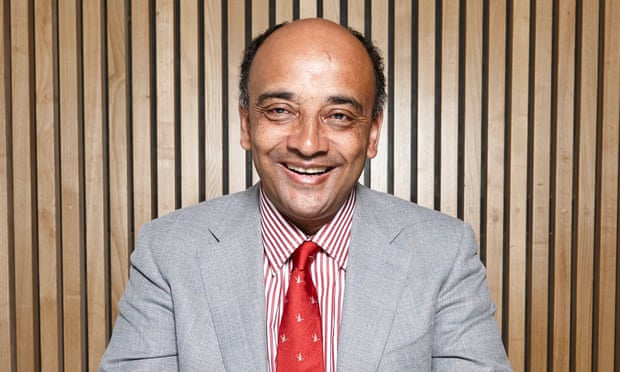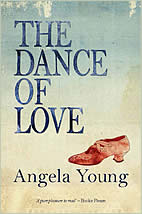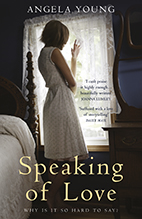This month I finished my third novel. Finished to be interpreted loosely: there will be redrafts when I’m working with an agent and then with an editor. It’s working title is For the Love of Life. Rejoice. At least for now.
But now, while I do all the things I haven’t had time to do (updating my laptop with all those programmes it should have on it and hasn’t, and finding out which organisations might like to hear my Titanic talk – which I developed from my research for my second novel, The Dance of Love – to mention just two, since you ask …) I can’t help wondering about my novel’s fate out there in the big wide world. So many writers liken the writing process to childbirth. Some say the swimilarity (I meant similarity, obviously, but I rather like swimilarity) is in the forgetting of the pain, afterwards; some wonder whether the metaphor is apt if you’ve never given (physical) birth, as I haven’t; some say the two have absolutely nothing in common. But, whatever the parallels (or lack of them) I think this phase, the waiting-to-see-what-its-fate-will-be phase, is both a joyous one (the novel is at last a real, written, tangible piece of work) and an anxious one (for obvious reasons).
And the thing I’d love to have made and written (even simply to have had the clear intelligence to organise in my mind) – in a parallel universe where all things are possible and time is infinite – is this year’s Reith Lectures. Kwame Anthony Appiah

Image and more information from here: https://www.theguardian.com/tv-and-radio/2016/oct/15/this-weeks-best-radio-reith-lectures-incredible-women
Professor of Philosophy and Law at New York University, has been an eloquent and thoughtful lecturer on his themes of Creed, Country, Colour and Culture. He said, here:
We live in a world where the language of identity pervades both our public and our private lives. We are Muslim and Christian, so we have religious identities. We are English and Scottish, so we have national identities. We are men and women, and so we have gender identities. And we are black and white, and so we have racial identities. There is much contention about the boundaries of all of these identities. Not everyone accepts that you have to be a man or a woman; or that you can’t be both an Englishman and a Scot. You can claim to be of no religion or gender or race or nation. Perhaps, in each case, someone will believe you. And that is one reason why the way we often talk about these identities can be misleading.
It’s been fascinating and I highly recommend listening again if you missed them.
Next year’s lecturer will be Dame Hilary Mantel. Her subject-matter will, ‘Focus on the nature of writing about history and history’s hold on the imagination.’ Looking forward to those, Dame Hilary.





Is the fourth going to be a return to the Titanic characters? Hope so
If I ever return to the Titanic characters – which I know you’re keen for me to do – it’ll be book 2a, not book 4 !